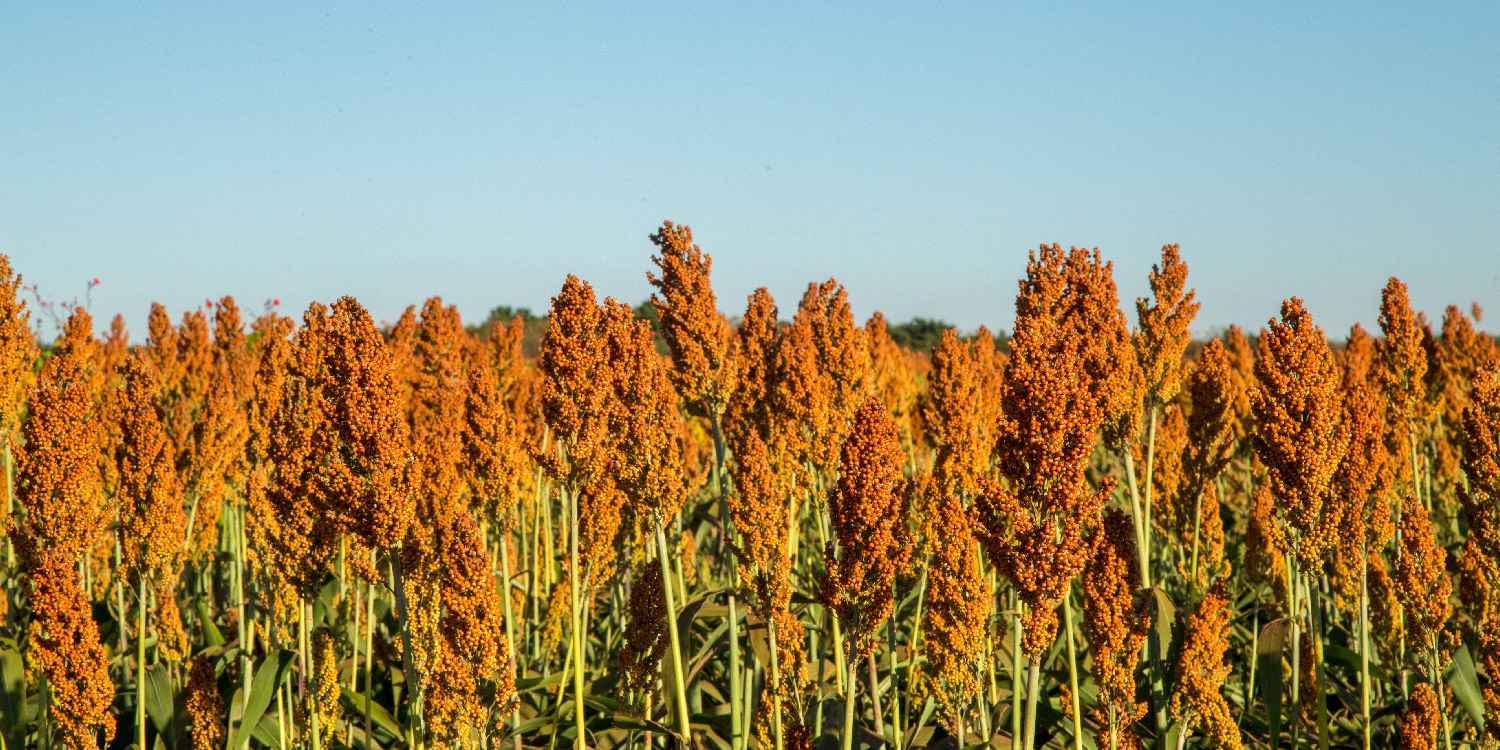The use of un-official seeds by Kenyan farmers has led to low production of sorghum in the country with Kenya trailing her neighbors in the production of the food produce, a new research has shown.
In this, 87 per cent of Kenyan farmers were found to use on-farm saved seeds whose quality is not guaranteed instead of official certified seeds leading to low production of about 0.7 tonnes per hectare compared to a potential of 2.8 tonnes per hectare through use of certified seeds.
The research by East African Breweries Limited reveals shows that farmers’ plant local variety seeds usually retained from the previous harvest with little formal exchange beyond give-and-take between neighbors and family. Formal seeds accounted for 13 per cent of the total sorghum cultivation.
Of these improved varieties, the private sector accounts for only 10 percent with the rest 90 per cent being small scale farmers.
In another survey based on a nationally representative sample in 2014, Tegemeo Institute estimated that only 15 percent of farmers were using improved sorghum seeds. In addition, cultivated land area under improved sorghum varieties was only 15 per cent.
However, in 2016 and last year, 75 new varieties have been introduced into the market in a bid to boost farmers’ income.
“An efficient and well-functioning extension system is critical for sorghum production to thrive,” says Tegemeo Institute Lead Researcher Timothy Njagi adding that National and County Governments and other stakeholders, must collaborate to ensure traditional and emerging information systems are efficiently harnessed to uplift the sub-sector.
Related content
East Africa Breweries Limited takes sorghum contract farming to Kakamega
15,000 sorghum and bean farmers find market power in collective groups
Farmers to thresh three bags of sorghum per hour with new JKUAT machine

Sorghum farm. Courtesy
The research indicated that Kenya trails Ethiopia, Uganda and Tanzania in sorghum production in Eastern Africa.
According to the research Kenya produced 144,000 metric tonnes of sorghum in 2017 and imported 133,000 metric tonnes to curb the deficit while Ethiopia leads the region with over 280,000 tonnnes.
Uganda produced approximately 170,000 tonnes while Tanzania produced 155,000 tonnes.
Over the years, sorghum production in Kenya has largely remained non-commercialized with the majority of farmers producing only for home consumption. This is however changing gradually with the emergence of the sorghum malting industry.
In 2008, the government through the Ministry of Agriculture initiated Gaddam sorghum production on a commercial scale in a Public- Private-Partnership (PPP) with other relevant stakeholders. During this time, farmers were sensitized on how to commercialize sorghum and its potential benefits.
Kenya Breweries Limited (KBL) currently leads the drive for sorghum commercialization in Kenya as a brewer company that supports more than 60,0000 farmers to produce efficiently through a contractual arrangement. KBL provides a ready market for farm output depending on market prices. KBL’s requirement of an estimated 60,000 MT annually, expected to rise with a projected increase in beer consumption, presents a tremendous market opportunity to farmers.
















Comments powered by CComment